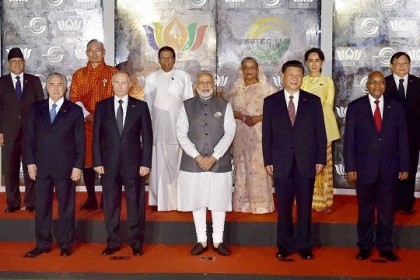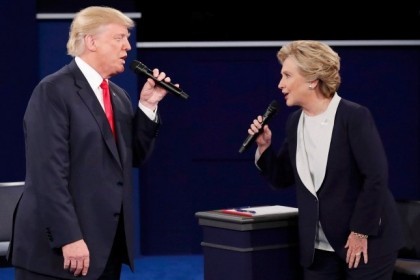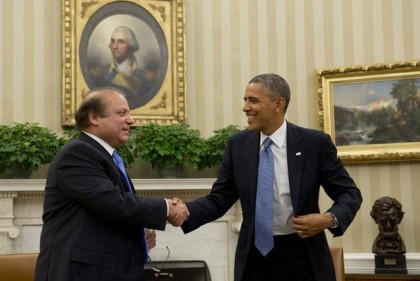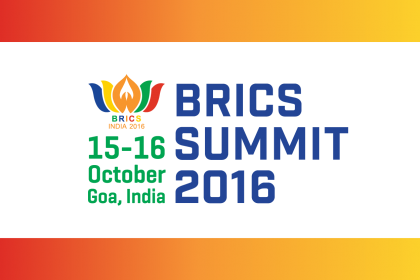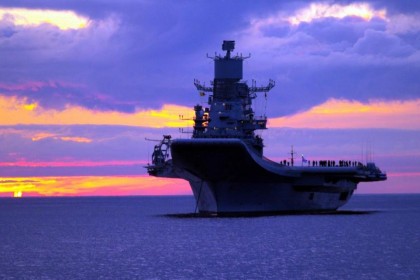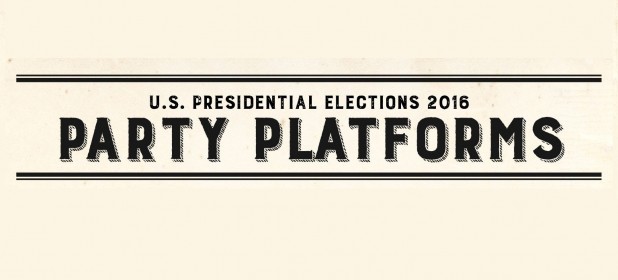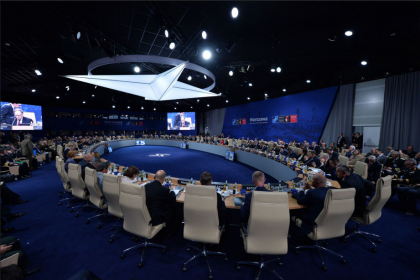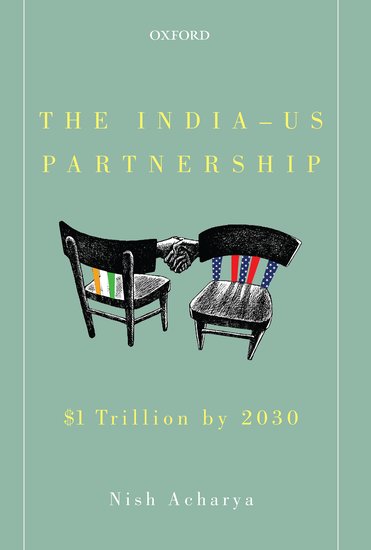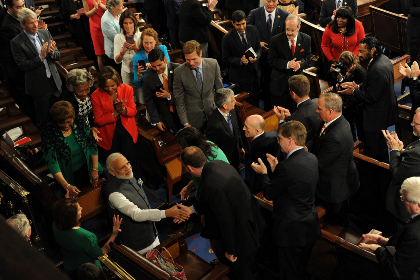Trump: a win for the New World Order
The victory of Donald Trump for the White House is a turning point in America – it’s a vote against the establishment and vested interests that have dominated Washington for decades. It also shows America following the global trends of strong leaders with a new electorate in the post World War II Order


